- 2/2 Pallabi Main Road, Mirpur 11.5, Dhaka - 1216
Germany Study Visa
Discover comprehensive immigration guidance from a leading overseas consultancy.
Don't know what to do?
Get Free Counselling
Top cities chosen by students
T-Visa has more profound knowledge, experience, and robust processes to help you navigate complex visa procedures and file your visa application more confidently.
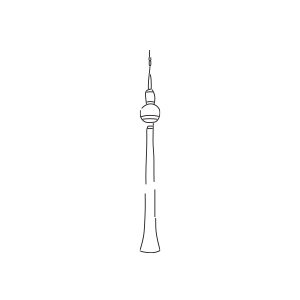
Berlin

Munich
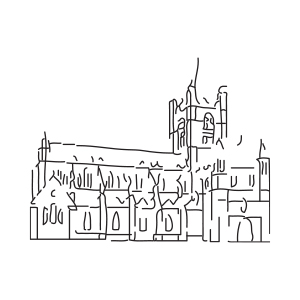
Frankfurt

Hamburg

Stuttgart

Cologne
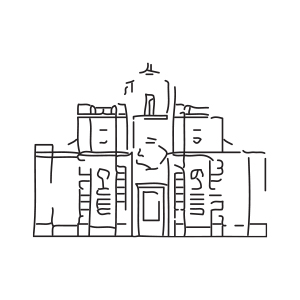
Heidelberg
Why choose Germany?
Germany offers high-quality education at affordable rates, with top-ranked universities and a strong focus on research and innovation. It provides excellent career opportunities in fields like engineering, business, and technology. Students can enjoy a vibrant cultural experience, a diverse student community, and post-study work options. With no tuition fees at many public universities and the chance to work part-time during studies, Germany is an attractive choice for international students seeking both academic and career growth.

Top Universities
Top Courses

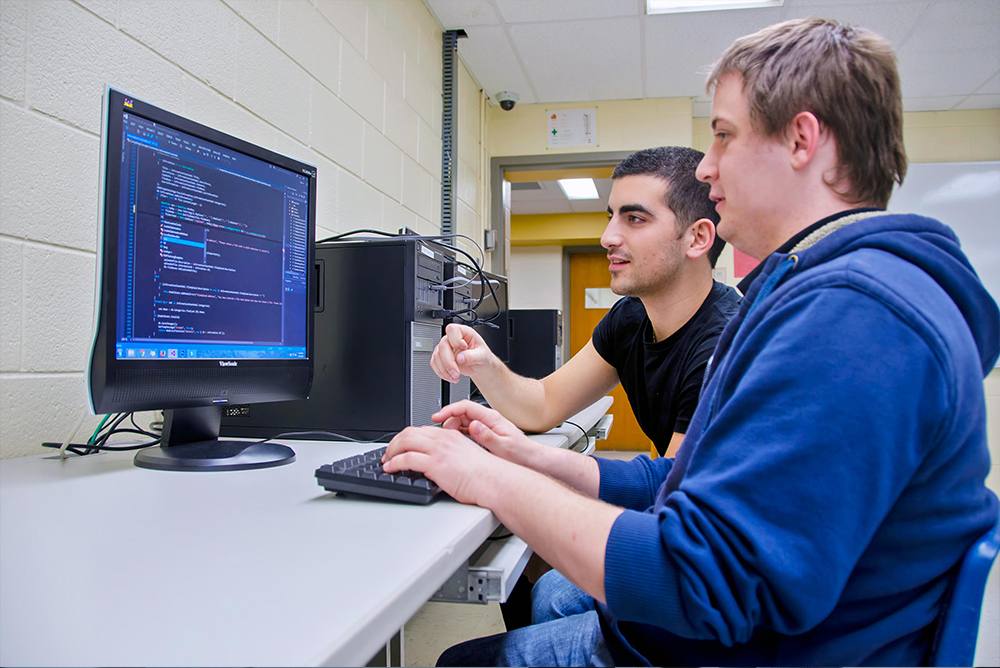






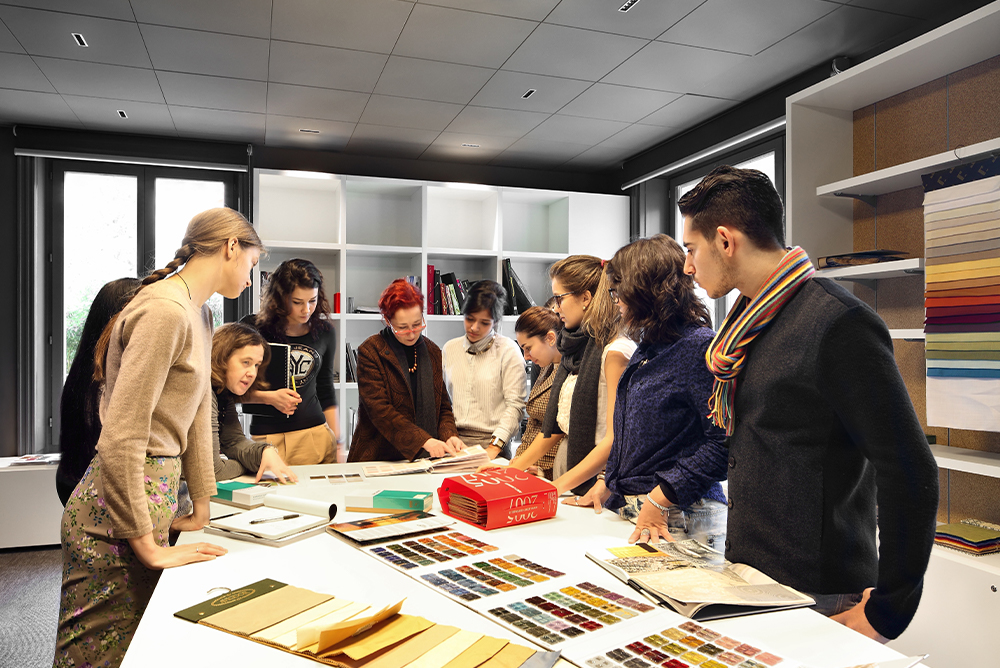
Steps to Study in Germany
What are the Entry Requirements for Study in Germany?
When applying for a study visa to Germany, understanding the entry requirements is essential. These guidelines ensure that you meet the necessary documentation, health, and safety standards to live and study in Germany. Being well-prepared with the right documents will help prevent any delays during the visa application process. Below are the general requirements for obtaining a visit visa:
- Valid Passport
- University Admission Letter
- Academic Qualifications
- Proof of Language Proficiency
- Proof of Financial Support
- Health Insurance
- Visa Application Form
- Proof of Accommodation
Job Opportunities in Germany
Germany offers excellent job opportunities, especially in fields like engineering, information technology, healthcare, business, and renewable energy. The country has a strong demand for highly skilled professionals, including software developers, mechanical engineers, data scientists, and healthcare specialists. International students can work part-time during their studies (120 full days or 240 half days per year), and after graduation, they are allowed to stay for up to 18 months to look for a job related to their field of study. The country’s strong economy, well-developed infrastructure, and high quality of life make it an attractive place for both students and professionals to build their careers. Additionally, students can find internships and co-op programs that allow for practical experience and networking.
